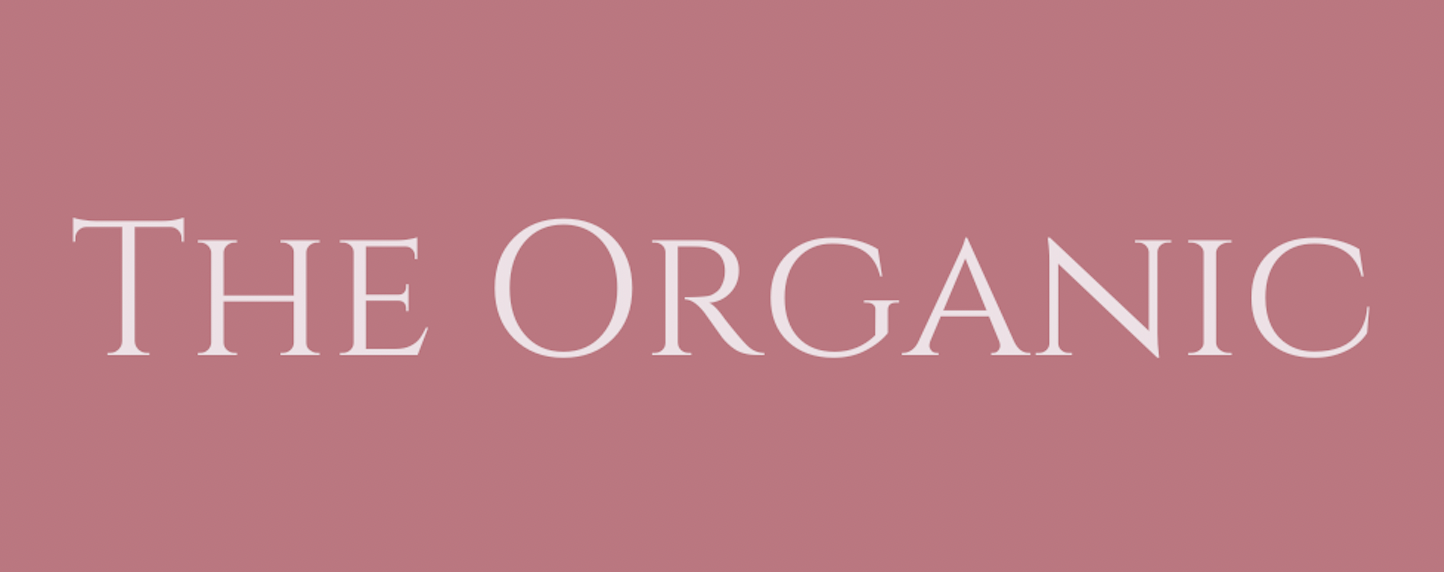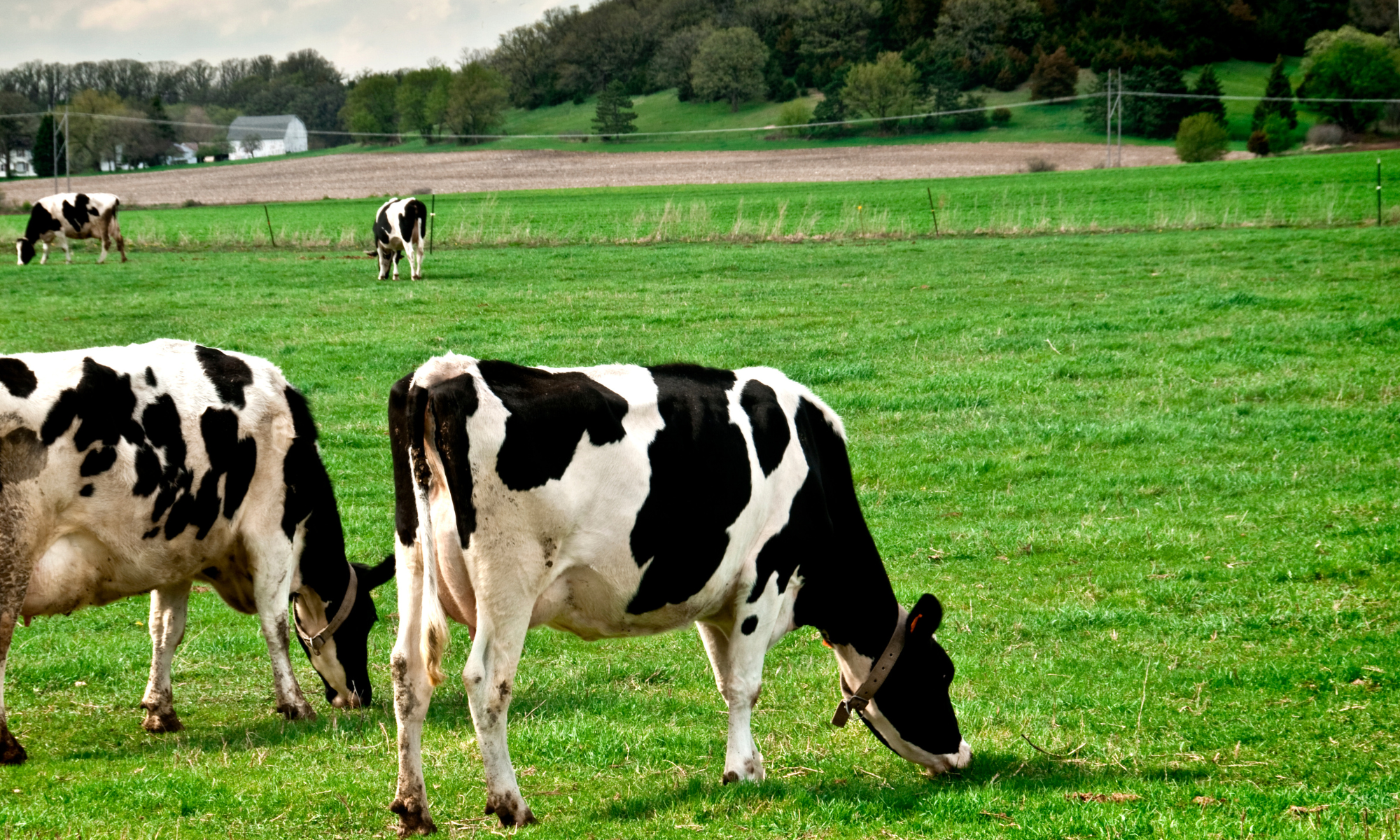Since the announcement of a trial to feed British cows the additive Bovaer, shoppers have threatened to boycott products made by Arla, as well as three major supermarkets working with the brand.
Shoppers have threatened to boycott three major supermarkets over their participation in a new trial to add a methane-suppressing supplement into cow feed.
Arla Foods, which owns the UK’s biggest dairy co-operative, announced on 26 November it was going to start using the supplement.
The initiative is aimed at tackling climate-heating methane emissions produced by cows during digestion.
Arla said it will work alongside Aldi, Morrisons and Tesco to trial the use of the feed additive known as Bovaer across 30 British farms.
But the announcement has since been heavily criticised, with swathes of British shoppers threatening to boycott all three supermarkets and Arla brands, especially Lurpak butter.
Arla’s X post announcing the trial has been viewed more than five million times and gained 13,000 comments.
Videos on TikTok also showed some people throwing tubs of Lurpak in the bin, while others poured cartons of Arla Cravendale milk down the sink and down the toilet.
What is Bovaer?
Bovaer is a supplement that is added to cattle feed, according to DSM Firmenich, the Swiss-Dutch manufacturer that makes it.
It is designed to break down in the cow’s digestive system and quickly decompose into “naturally occurring compounds already present in the rumen [part of the stomach] of a cow”.
Cows emit methane when they burp. Research suggests the additive can reduce methane emissions from cows’ digestion by an average of 27%.
Reducing methane is important because it is a greenhouse gas – contributing to global warming – and, according to the government, agriculture – including the rearing of cows – contributed 49% of all the UK’s methane emissions in 2021, the last year for which figures are available.
However, questions remain over the long-term effectiveness and impact of additives such as Bovaer on animal health and welfare.
Bovaer was authorised in the UK in December 2023, according to DSM, and is available for sale in 68 countries.
The company said over the past decade, the additive has been part of more than “150 trials across the globe, which have all been published in over 85 articles in peer-reviewed journals”.
Why has it caused backlash?
Some critics have argued that Bovaer contains “toxic chemicals” that could cause harm to both cows and farmers, including fertility problems, while others argued it has not been through enough testing.
While others seemed to imply that tech billionaire Bill Gates is involved in the trial.
Despite criticism, the Microsoft co-founder is not involved in the Arla trial, or Bovaer more widely, but last year did invest millions into a rival start-up Rumin 8, which develops similar supplements.
Is Bovaer safe to use?
Reacting to the backlash, Arla said in a statement that there had been a “significant amount of misinformation circulating online” and that it feels “compelled to address this by clearly and openly stating the facts”.
Citing information from DSM Firmenich, Arla said Bovaer “does not filter through to humans when they consumer dairy products”.
It reiterated that Bovaer has been approved for use by both the European Food Safety Authority and the UK Food Standards Agency (FSA).
“Our commitment to reducing our climate impact is unwavering but we would never do so in a way that jeopardises the health of our consumers or the welfare of our animals,” the company added.
An FSA spokesperson said: “Milk from cows given Bovaer, a feed additive used to reduce methane emissions, is safe to drink. Bovaer has undergone rigorous safety assessments and is approved for use in Great Britain.”
A separate statement on the DSM Firmenich website said that consumers are never exposed to Bovaer as it does not enter into the milk or meat of the cow.
Addressing the product’s safety sheet, which advises users to wear masks and gloves when handling the additive, DSM said such procedures are “quite common for feed supplements” to “ensure workers take appropriate measures”.
Arla said it felt compelled to address ‘misinformation’. Pic: Reuters
The company said: “We believe in science and the power of evidence-based progress. That’s why our product has been extensively researched to ensure its health, safety, and efficacy, as confirmed following extensive checks and reviews by UK and EU Food Safety Authorities.”

